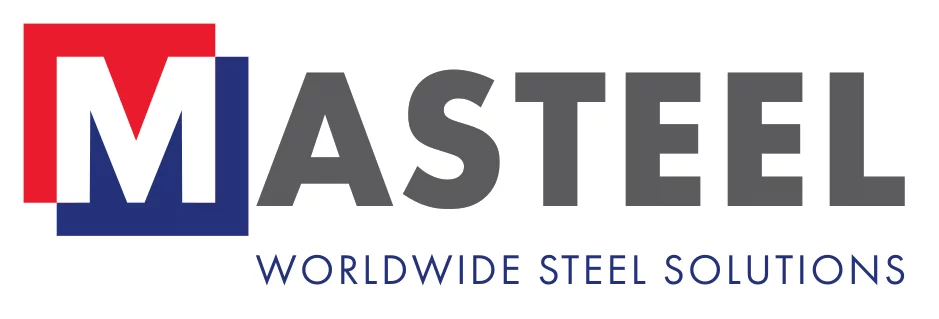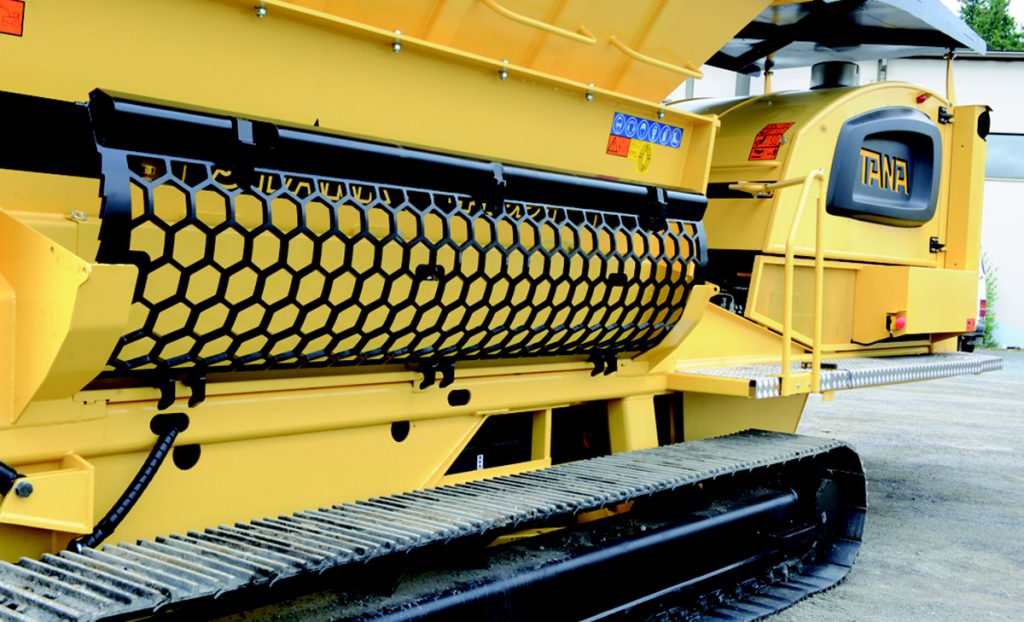The production of specialist steels for custom purposes such as screens and mining equipment is a specialised process. To bring the highest quality steel screening products to customers in the UK and Ireland Masteel have partnered with the Finnish speciality steel company Miilux.
The production of custom screening and ballistic protection steel requires expertise in plasma, gas and laser cutting as well as heating and press quenching to achieve the correct mechanical properties for the final product. Miilux have this expertise, and produce a range of abrasion resistant products for buckets, crushers, conveyors, screening and grouser bars for mining applications.
The heart of Miiluxs’ success is their ability to process steels while soft, and then using their specialised hardening capability to produce the final product in an ‘edge to edge hardened’ form.
Miilux supply steel in a variety of grades ranging from Miilux® 400, which is supplied in thicknesses from 5 – 120 mm and hardness in the range 360-420 HBW to Miilux® 600, which is supplied in thicknesses from 8 – 40 mm and a hardness range of 570-640 HBW. There are other Miilux grades supplied in different thicknesses to offer a range, which will provide for any customer requirements [1].
The Miilux Process
In producing a custom screen the virgin soft steel, which is five times easier to machine while soft, is cut and bevelled either using plasma, or by bevel robot (usually robotic mode is used for highest precision).
When the final shape is achieved one of two hardening processes can be used to produce the final high quality abrasion resistant steel product. By using precise temperature control in a heat treatment and quenching line any soft zones formed during laser and gas cutting can be re-hardened. Alternatively, press quenching can be used to ensure the best edge to edge hardened steel.
The press quenching used by Miilux is an indirect process where the steel product blank is cut, formed and trimmed in the cold condition and then later heat treatment and water quenched to achieve high strength and hardness properties [3]. The final part of steel screen production is precision shaping/bending in a press to produce custom curved and angled steel screen shapes followed by surface finishing.
The Miilux advantage
Miilux have massive experience in specialist steel fabrication and are able to manufacture products to very specific requirements. By using after-hardening, the manufacturing process is much simpler. By performing the required processing and machining before hardening, while steel is still soft, there is much more control and potential for custom adjustment of the steel hardness.
In effect, this allows an upgrade of hardness from the traditional HB400 abrasion resistant grade of steel to HB450, HB500, or even HB600 (the highest hardness grade). This is a very cost effective way to handle abrasion resistant steels, since no special equipment is required for machining and the process is rapid meaning a swift turnaround for customers’ orders.
References
- Miilux Screening Solutions
- Faßmann, H. Hoffmann, R. Golle & M. Schaper. “An investigation of the blanking process of the quenchable boron alloyed steel 22MnB5 before and after hot stamping process”, Journal of Materials Processing Technology 212, 437-449 (2012).
- Kurz, T., “New Developments in Zinc Coated Steel for Press Hardening”, in Insight Edition Conference, September 20–21, Gothenburg, Sweden (2011).
- Billur, E. & T. Altan, “Challenges in Forming Advanced High Strength Steels”, in Proceedings of New Developments in Sheet Metal Forming 2010, pp285-304, May 2–4, Stuttgart, Germany (2010).
- G. Speer, E. De Moor, K.O. Findley, D.K. Matlock, B.C. De Cooman, and D.V. Edmonds: Metall. Mater. Trans. A, 2011, vol. 42A, pp. 3591–3601.

